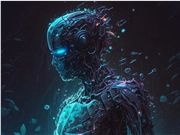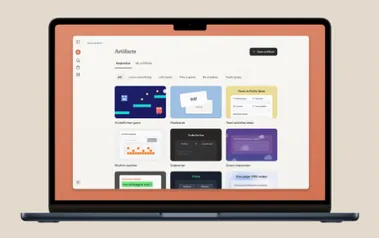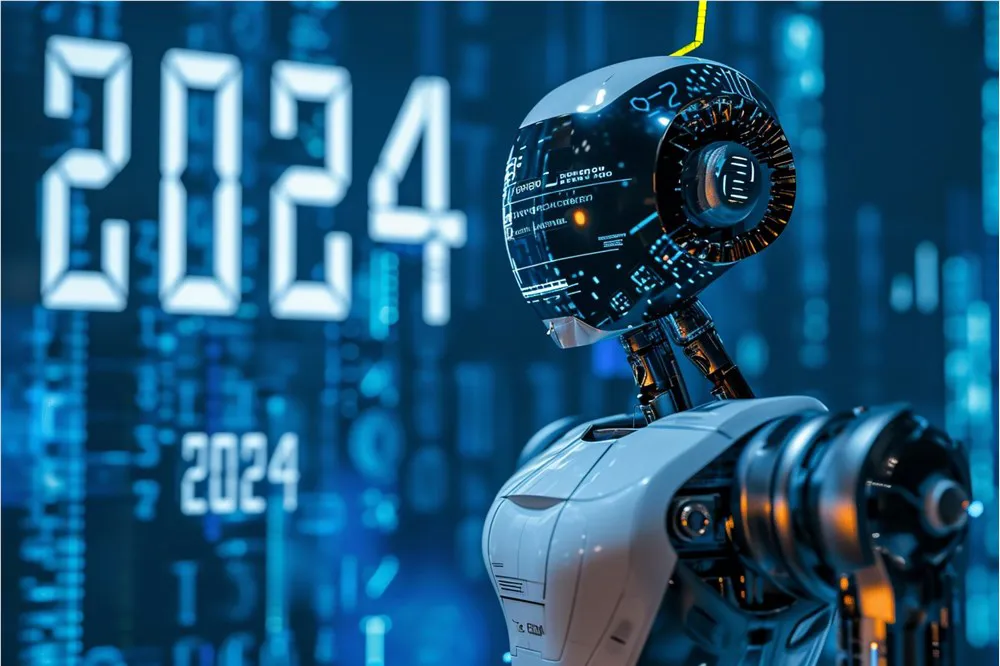In the rapid development of technology, the application of artificial intelligence (AI) is becoming increasingly widespread, and many people are beginning to look forward to the rise of "agent" technology. An agent refers to an intelligent program capable of working autonomously to accomplish specific goals. Recently, discussions about AI agents have been thriving, but existing technologies still have a long way to go before achieving true intelligent agents.
Imagine if we could have an AI agent that could automatically write academic papers. It would be able to deeply study how to write papers, analyze data, conduct literature reviews, generate hypotheses, and perform tests after receiving datasets and research fields, ultimately outputting a complete academic paper. However, while GPT (Generative Pre-trained Transformer) technology has made progress, it still requires human feedback and guidance.

Currently, the greatest advantage of GPT lies in its ability to simplify task and process automation. GPT allows users to create structured prompts that help AI better complete tasks. For example, users can use GPT to build interactive games or educational tools, continuously improving and adjusting functionalities through conversations with AI.
In practical applications, we see some inspiring cases. The author attempted to create a "feedback guide" GPT to provide specific feedback for students' writing. This system can offer personalized guidance to students during the writing process, significantly enhancing their learning experience. By uploading assignments and grading criteria, AI can provide detailed feedback and suggestions to help students continually improve their writing skills.
However, as AI connects with more systems, we also need to pay attention to potential risks. Due to AI's "easily deceived" nature, hackers might exploit this vulnerability for malicious purposes, potentially leading to more severe consequences when AI acts autonomously. Therefore, vigilance towards the development of AI agents must be maintained to ensure safety while enjoying the convenience they bring.
GPTs are not only significant milestones in the development of AI technology but also foreshadow endless possibilities for future AI agents. As more professionals and organizations join this field, we look forward to seeing more innovative application cases that will not only transform our work methods but also greatly enrich our learning experiences.



